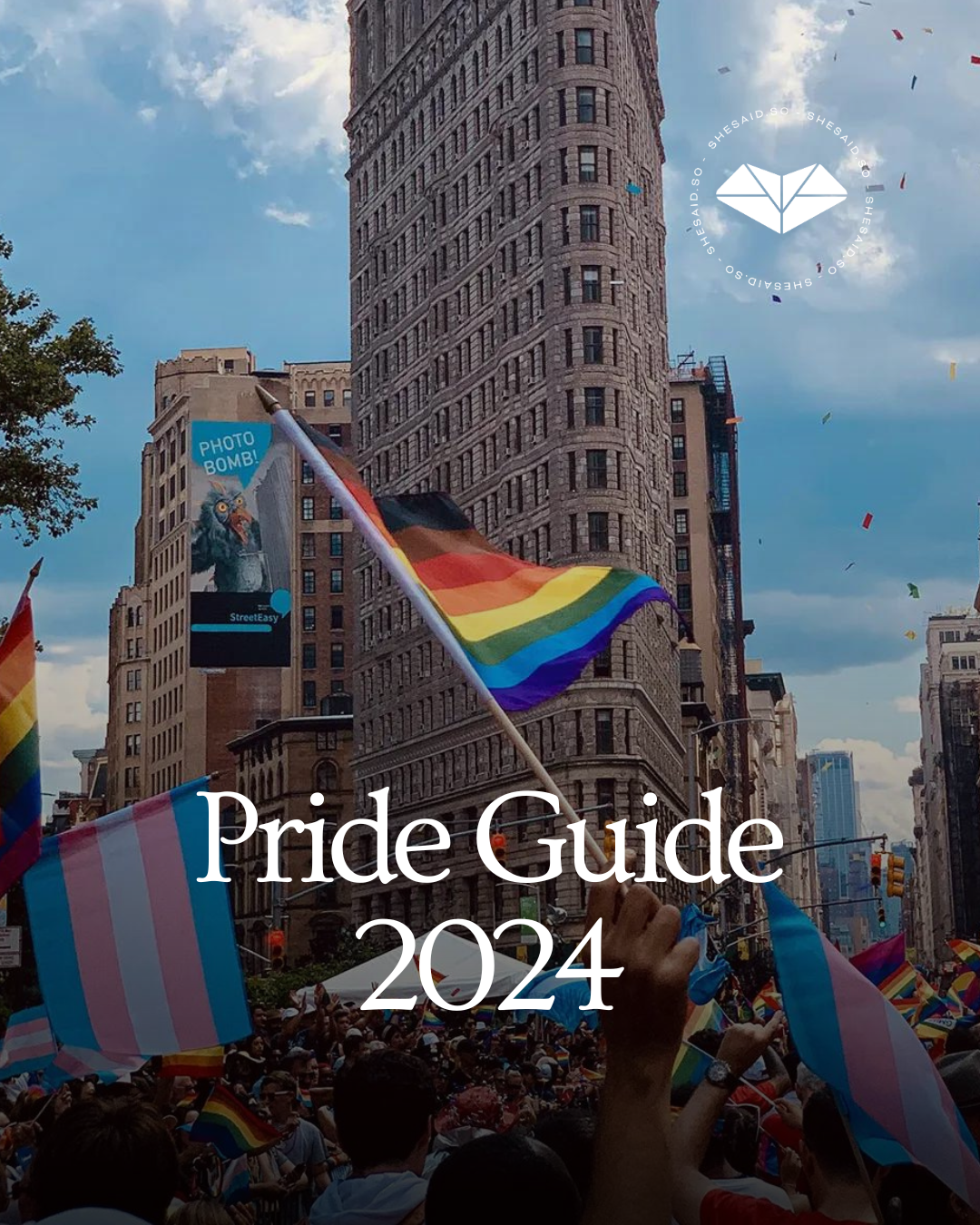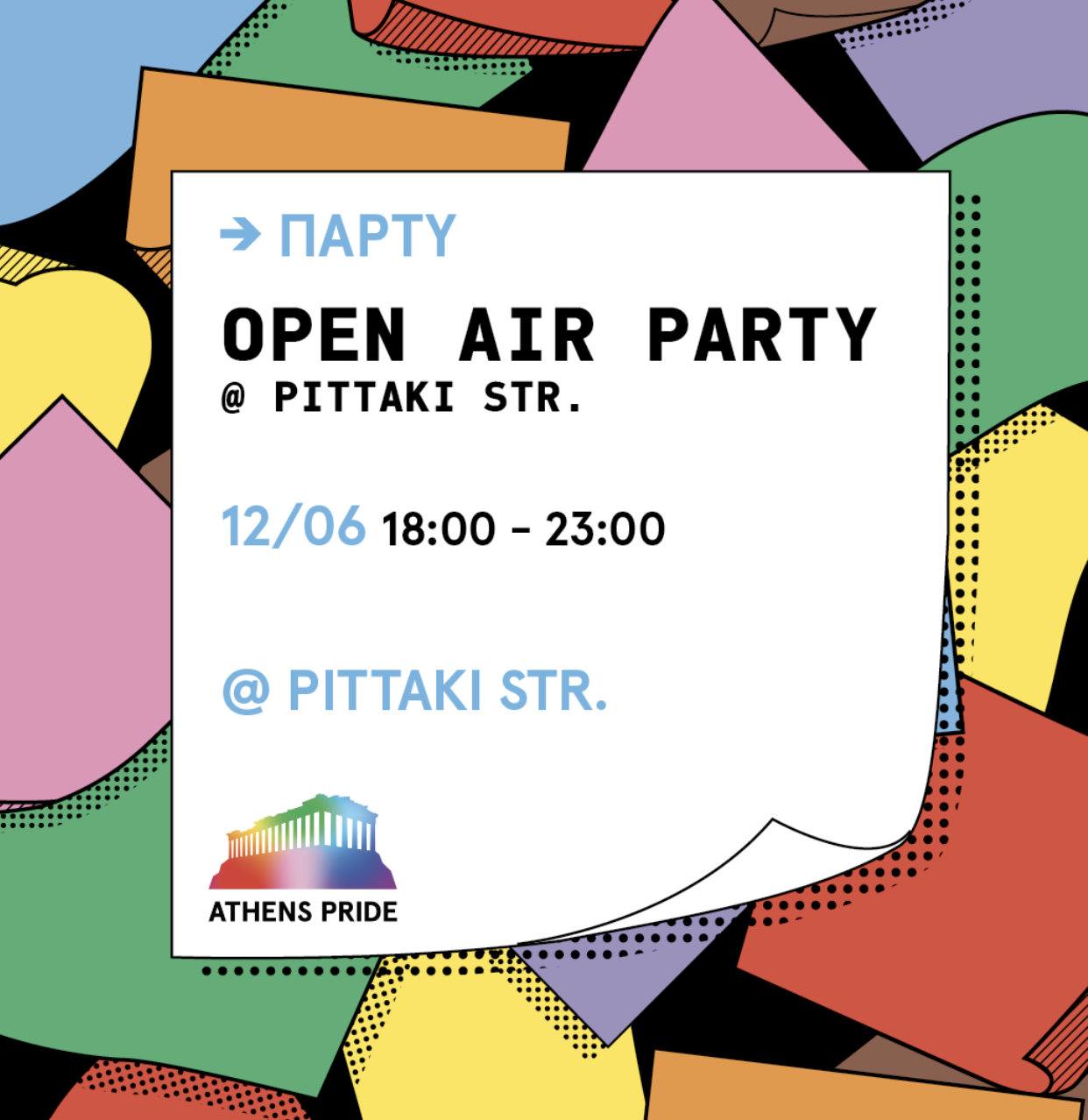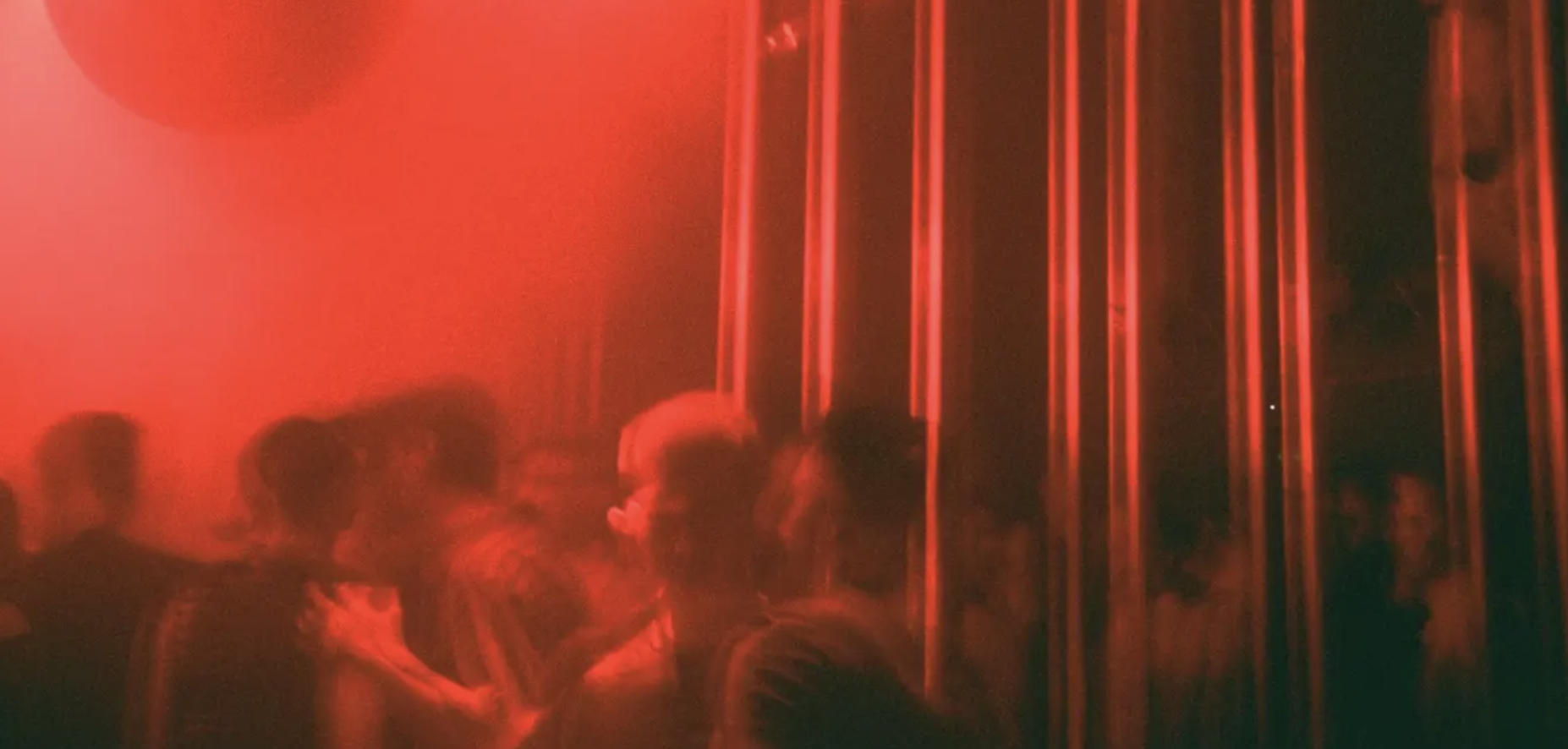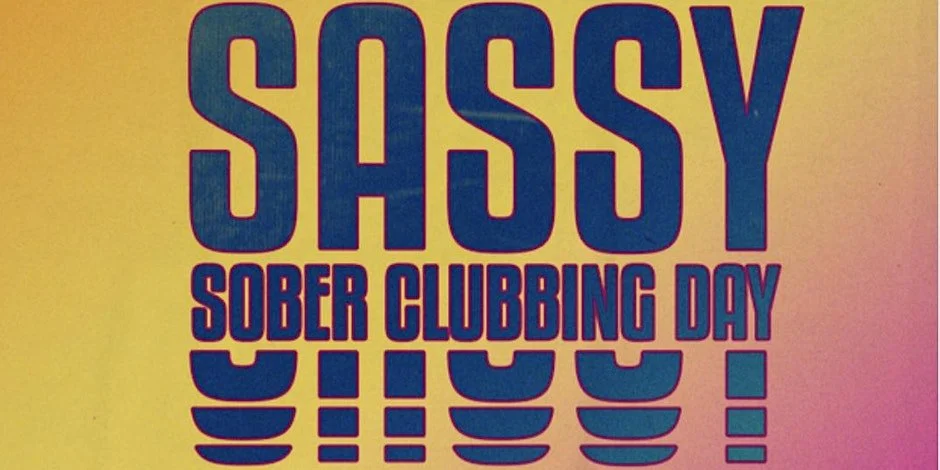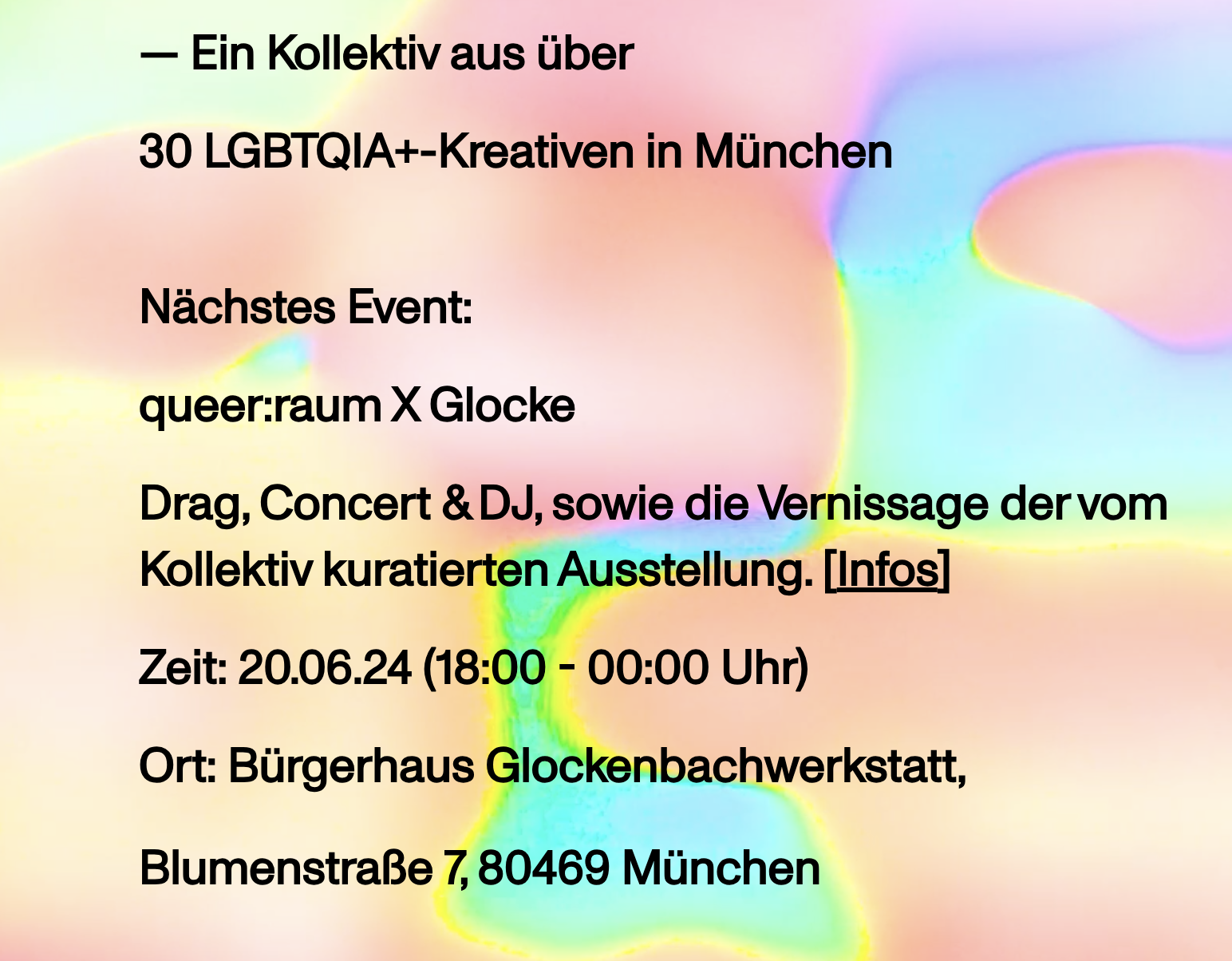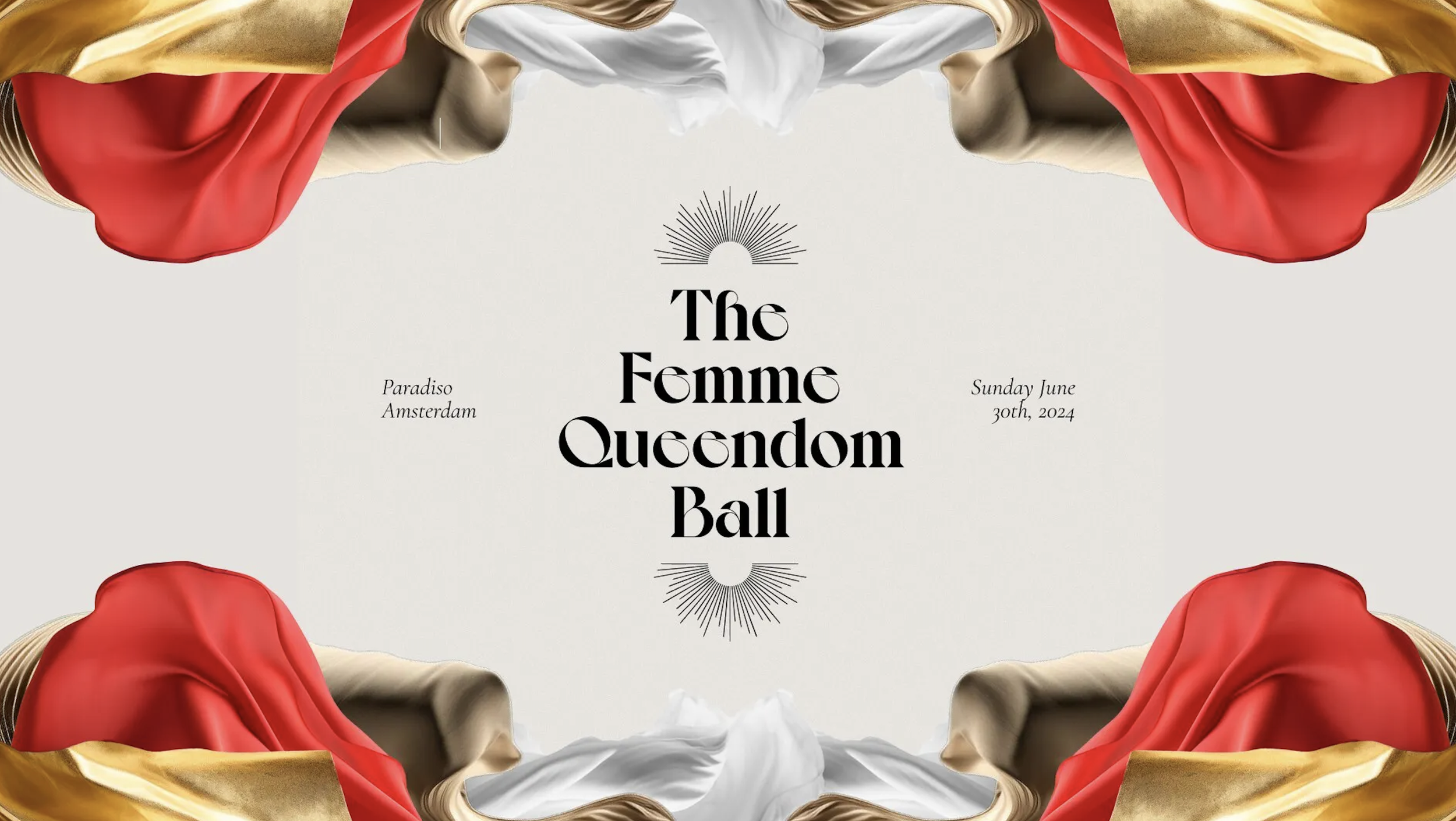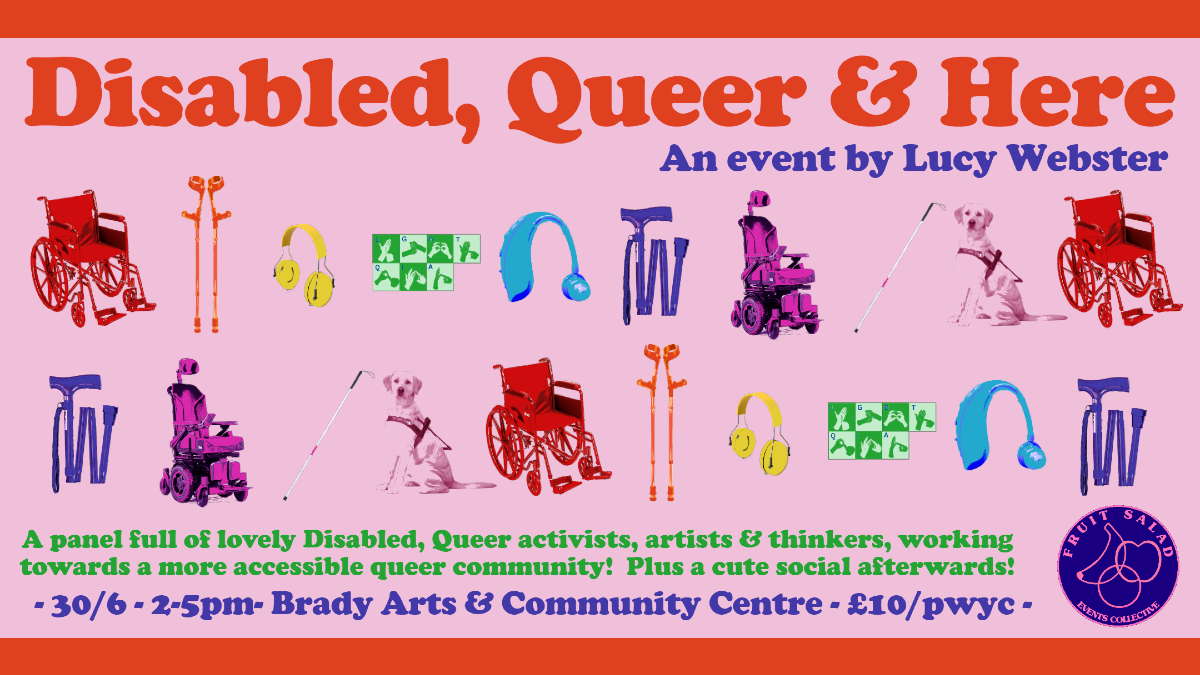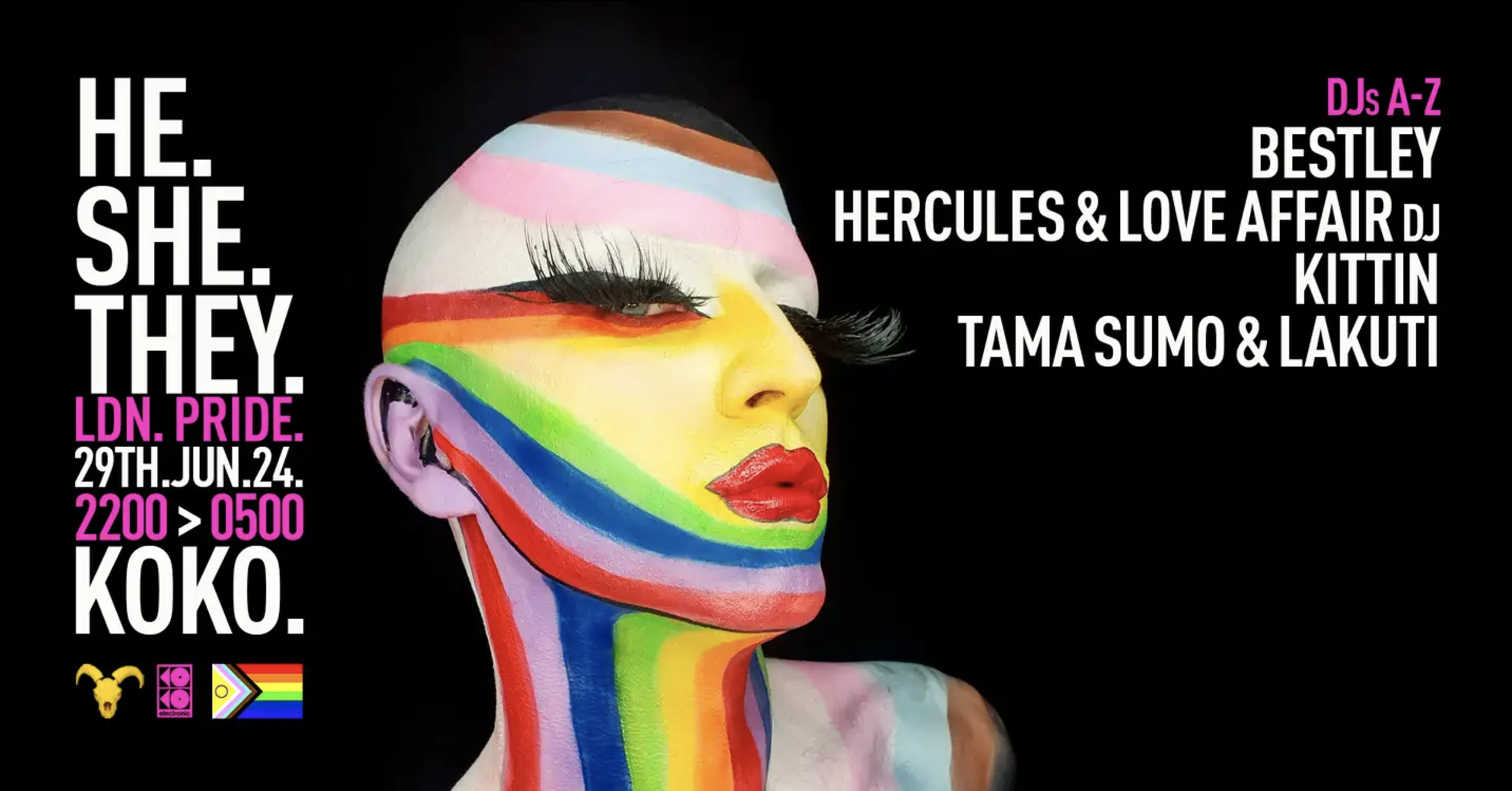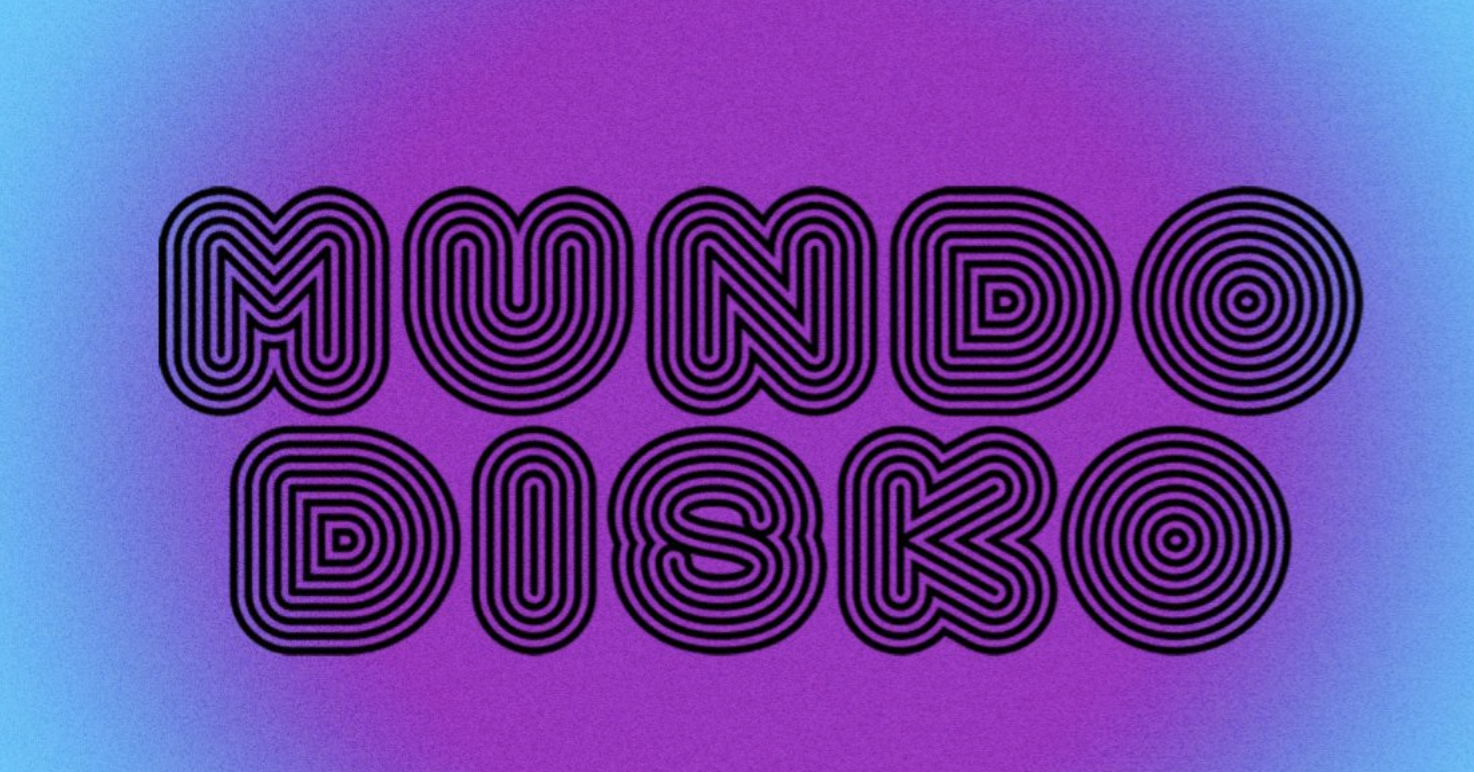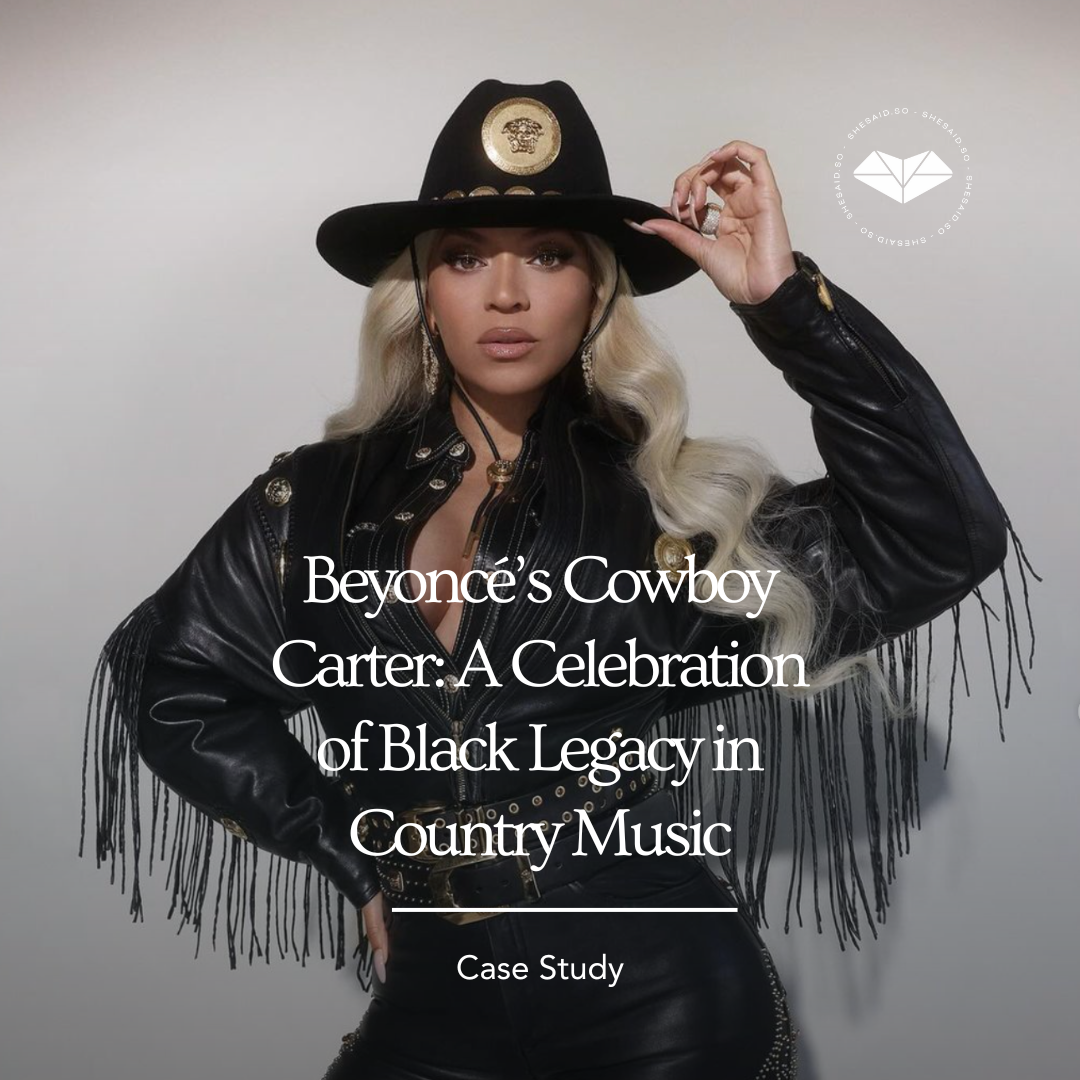While studying Philosophy at Cambridge, Charly Schaller discovered techno music during weekend trips to Berlin's techno clubs. This sparked a deep passion for techno and its harder subgenres and she soon played at venues like About Blank, Griessmühle, and Arena Club. In 2021, she released her first track on He.She.They, with a remix by Radio Slave, and launched an event series at Zurich's EXIL featuring artists like VTSS and DJ Spit and her music was released on labels like Second State, LAP, and DURCH.
In 2021, Charly became severely disabled due to complications from spine surgery. Now, she advocates for disabled DJs, promoting inclusivity and necessary accommodations in the music scene.
Can you briefly share your journey of becoming a DJ and how it all started for you?
Music has always been my thing, I grew up listening to classical music and in my youth had a great time discovering mainly the 60s, 70s and 80s, especially psychedelic rock and acts like the Beatles and Pink Floyd. I didn’t know too much about electronic music until I visited my friends in Berlin in my gap year after high school. We all went to Tresor as a group and in the morning when they went home, I went all by myself to Berghain, at the age of 18 in colorful clothes and with ginger braids and luckily got in. That was the first time I heard proper Techno and I was immediately in love. In this week I went to Berghain three times and my love for Techno was born.
After my gap year, I started a Philosophy degree at the University of Cambridge in England and while everyone else was doing internships at big companies in the school holidays, I went back to Berlin to go clubbing. It was both the music, but also the community, freedom and acceptance that I experienced in Berlin’s clubs that caught me.
I think at some point, when I stood in a club, I looked at the DJ in front of me and thought: ‘This is what I want to spend my life doing’. I’ve always been a person who’s going for the things in life that I’m passionate about. So while still at Cambridge I first bought my first synthesizer, later CDJs and autodidactically taught myself the first production and DJing skills as I didn’t know any DJs at the time. After finishing my BA, I moved back to Berlin, worked different small jobs, and slowly improved my DJing skills until at the end of 2017, I was lucky that a friend who was a promoter at About Blank granted me an intro slot at his party. I’ve never been so nervous in my life and was shaking during the whole set, but it went great and I noticed that luckily my taste in music seemed to appealing for other people, too. I had never played in front of people before, so I had no idea how they would like my style. But after that, it slowly all took off, through more and more regular performances, becoming a promoter myself and finally allowed me to have a professional career.
How did your life change when you became severely disabled three years ago?
Everything changed for me. Due to severe scoliosis I had a surgery where two metal rods were inserted right and left of my spine. As a result, my back is completely stiff, I cannot bend it anymore. There were also major complication and after I woke up in extreme pain after the surgery, the pain never went away. Since then, I always have strong pain when standing and walking and can only stand and walk for a limited amount of time. Consequently, a lot of the things that I used to love doing, like hiking, rock climbing, snowboarding or simply strolling through a city aren’t possible anymore. The worst thing however is, what constant pain is doing to your mental wellbeing- it is extremely exhausting. Is is as though 50% of my thoughts are constantly occupied with pain, so my whole capacity is at 50%. It changes you, when you cannot simply walk down the street and enjoy the sunshine anymore.
What are some specific challenges you faced as a DJ after becoming disabled?
Unfortunately I faced many challenges. First and foremost, that standing for more than 30min is now extremely (!) painful for me. So in order to play with less pain I needed a chair with a backrest (The pain only goes away, if my back is not vertically burdened). Even though I asked my agency to tell the promoters about my condition, that chair was maybe provided 50% of the time and in most cases it was a barstool standing meters away from the booth. Even when a chair was provided, I could not play while sitting because the equipment would be far too high, so I had to take short rests during my set which makes mixing a lot trickier.
If I had been already very successful and established, I probably could have requested the promoter to arrange everything so that playing seated would be possible. I will always remember for example Kyle Geiger playing a Berghain closing with a broken leg, and he will always be a hero and source of inspiration for me for this.
But as an upcoming DJ, you cannot really make such requests that cost extra money or require the whole set up to be changed before and after you play. How should this be possible when even changing the mixer is sometimes considered an annoying effort. And it is indeed an effort, which I know from being a promoter myself. But this really demonstrates that our scene is not inclusive for people with physical disabilities.
I’m sure that wheel chair users face the same problem that the DJ booths are far too high for them and to the reader: think about how often you’ve seen DJs in a wheel chair. So we really need to find a solution here. If people were generally aware of these special needs of people with disabilities, every club could possibly have a podium or second smaller booth. Sure, this involves effort and is costly and will lead to breaks between two DJ sets, but I think there is no question that inclusivity is more important than a neat transition between two sets.
With my back being weak from the surgery, I was not allowed to carry anything so I needed the promoters help to carry my luggage. When sitting, I always needed a chair with a backrest. Without a backrest, I would be in strong pain. Unfortunately, many times, either my agency or the promoters forgot about communicating this clearly and I ended up stranded in situations with extreme pain.
Promoters would be confused why I left artist dinners directly after arriving or why the first thing I did after arriving at the airport was asking whether they could carry my luggage. When somebody is not informed, it is very uncomfortable for me when the first thing I need to talk about with them is my disability. I am now talking openly about it, but it is still something very private and it is uncomfortable being forced to open up to a total stranger without wanting to do so but out of necessity. It has meant over and over again brandmarking myself as somehow less than capable. So it was also hard that people, despite knowing about my condition, often couldn’t grasp its severity. I think this is because you don’t see it, not because they didn’t mean well, but still it hurt.
Furthermore, effective marketing became almost impossible: I felt ashamed to see myself DJing on videos, how stiff I looked. I used to dance a lot when playing and now, I looked stiff and potentially bored and unengaged to other people.
We all know how important video content is these days, perhaps the most important marketing material to increase ones reach.. High quality video content of DJs dancing ecstatically at gigs is perhaps the most important marketing material these days. But not only at gigs, recording yourself playing at Hör or doing streams is very relevant for social media. With releases sadly loosing importance it nowadays seems impossible to make a career without outstanding video content. But video content where the DJ is standing stiff as a stick will hardly go viral. On top of that, while I was trying to make peace with myself, I still got the advice from people from the music industry that I should dance more when playing so that the video content would look cooler, even though they knew about my condition. This really really hurt.
Additionally, networking is so so important and it often happens at events, in the backstage, behind the stage or in the smoking area and all while standing. So not being able to attend many events anymore, you quickly loose contact with the scene. At big productions like Time Warp for example, people stand for hours behind the stages and get to network there and there isn’t any seating at all, so unless you can stand for hours, you cannot go there. Even when there are seating areas, people still are usually all standing up and when sitting all by yourself you won’t meet anyone. I don’t want to speak for wheelchair users as I’m obviously not in their feet, but can imagine that it must be hard for them, too, to approach people they’ve only met once or twice in their life or never before in a dark and load environment.
Due to the fusion of my spine, dancing is now very different, I cannot let my body move naturally to the music and again, however great the music, when you are in strong pain, dancing is only partly enjoyable. This was very sad for me as I absolutely loved dancing, but it also made me feel alienated from the people around me at parties.
Overall, I felt alienated from the whole scene. I still loved playing more than anything, but at gigs, I felt alone with my pain, I felt estranged from everyone surrounding me who didn’t realise how lucky they were to have the liberty to dance freely and without pain. So I didn’t see a way forward and thought the only option I had was to quit DJing and start a new life. This is why I stopped posting on social media and even left Berlin to pursue a different path in life.
What challenges have you faced in other situations e.g. navigating airports with your disability ID card, despite being able to walk?
At airports, for a long time I was unable to wait in the queues and needed help with carrying my luggage, but as I could still walk it didn’t feel right to use the disability service. What many people don’t know: You must use a wheelchair to use the service, even if you tell them that you can walk. When I tried to skip queues using my disability ID card. Multiple times I got shouted at, insulted and harassed and people didn’t let me pass despite me explaining I was in pain. Even if I had used the wheel chair service, the problem would have been that this service can be very slow in many countries and you might have to wait 1h for being picked up while my gig was within only a few hours. Generally, anything that involved long times of standing and walking became a challenge.
How did your management respond to your disability, and what impact did it have on your career?
I think that they meant well, but couldn’t really grasp the severity of my condition as it is not visible. InI believe anyone with an invisible (physical) disability faces this really big problem, that even though people mean well and they have good intentions, they fail to provide the support you really need. For example, people will be confused or wonder why you’re not constantly complaining about your pain if your pain is really that strong or why you still seem to have a good time. But obviously you get used to the pain and obviously you cannot send your life complaining whenever you’re standing or walking ;)
So again, I had people still advising me to dance more so that the video content would look cooler and I was also advised against communicating openly about my disability, which hurt. I believe that if it had been visually obvious that I had a disability, things would have been different.
Overall, I would have wished more guidance and more help on navigating my disability. The only way how my career could have worked out is by being open about my disability, I think this applies for most disabled people and so having my management on my side with this and campaigning together for the inclusivity of disabled people would have been helpful.
Why do you think the current discourse around diversity in the music scene lacks a focus on disability?
Nobody is talking about it, that’s a fact. But it’s not only the music scene but society in general that omits disability from the diversity discourse. When I applied to do an MBA in New York where I lived for half a year, there were many diversity scholarships, but having a disability was never part of the criteria that made one eligible to apply. Disability is not part of the mainstream discourse.
And the fact that the special assistance that I requested could not be provided and all my other challenges show that it’s not on people’s (especially also promoters’) minds that some some people need special assistance in order to be able to play a gig. If disability was part of the diversity discourse, it would not be a new topic for people, that some DJs cannot stand behind the booth for their set and clubs would be equipped to accommodate this.
How can people and organizations in the music industry better support disabled DJs?
Due to the problems I mentioned that disabled DJs face with marketing and networking, I believe that some sort of affirmative action and special support would be effective and necessary to increase their visibility and balance their disadvantages. This is because for some of the problems other than providing special assistance, like networking, there doesn’t seem to be a straightforward solution. Just as it was and still is a topic that female DJs should be particularly supported- many promoters now check that they have female DJs on their line up- disabled DJs need to be supported in a similar way. If as a promoter, you know a disabled DJ, give them a preference when it comes to booking. Promoters, agents and managers would need to become active here. But I’m also just starting to campaign for disabled people so I don’t have the perfect solution in my hands. But acknowledging the problem is anyway the first step.
Promoters, regardless of how established and big, should have on their minds that some people need special assistance, e.g. cannot stand for the whole time of the set behind the booth or might need any other kind of help for their journey. When booking a DJ, promoters could actively ask whether any special assistance is necessary. This should be the industry standard. To this point, I still don’t grasp how so many promoters could simply forget about providing a chair for me, even though it should have been explicitly requested.
Talk to everyone you know about this topic. If you work at a club, raise this topic at a team meeting, think about which restrictions disabled DJs might face and how you can accomodate them. If you are a manager or agent, take your artist seriously when they mention to you challenges that they face. Be proactive.
With regards to marketing, I believe the only solution is to be open about the disability and have a team behind you supporting you with this. In my case, my community needs to know about my condition to understand that I’m not simply standing bored and unengaged behind the booth.
What are your next steps?
I would love to connect with other disabled artists, talk to promoters, clubs, agents and managers and create awareness. But I am also just working on my comeback now, am looking for a new agency and management that will be happy to align with my mission. I hope they’re out there.
I hope that at some point, any disabled DJ at any stage in their career will without question get the special assistance and accommodations they need, will be seen, heard and have the same chances of becoming successful as ablebodied DJs, as well as feel as an equal member of the music community.










